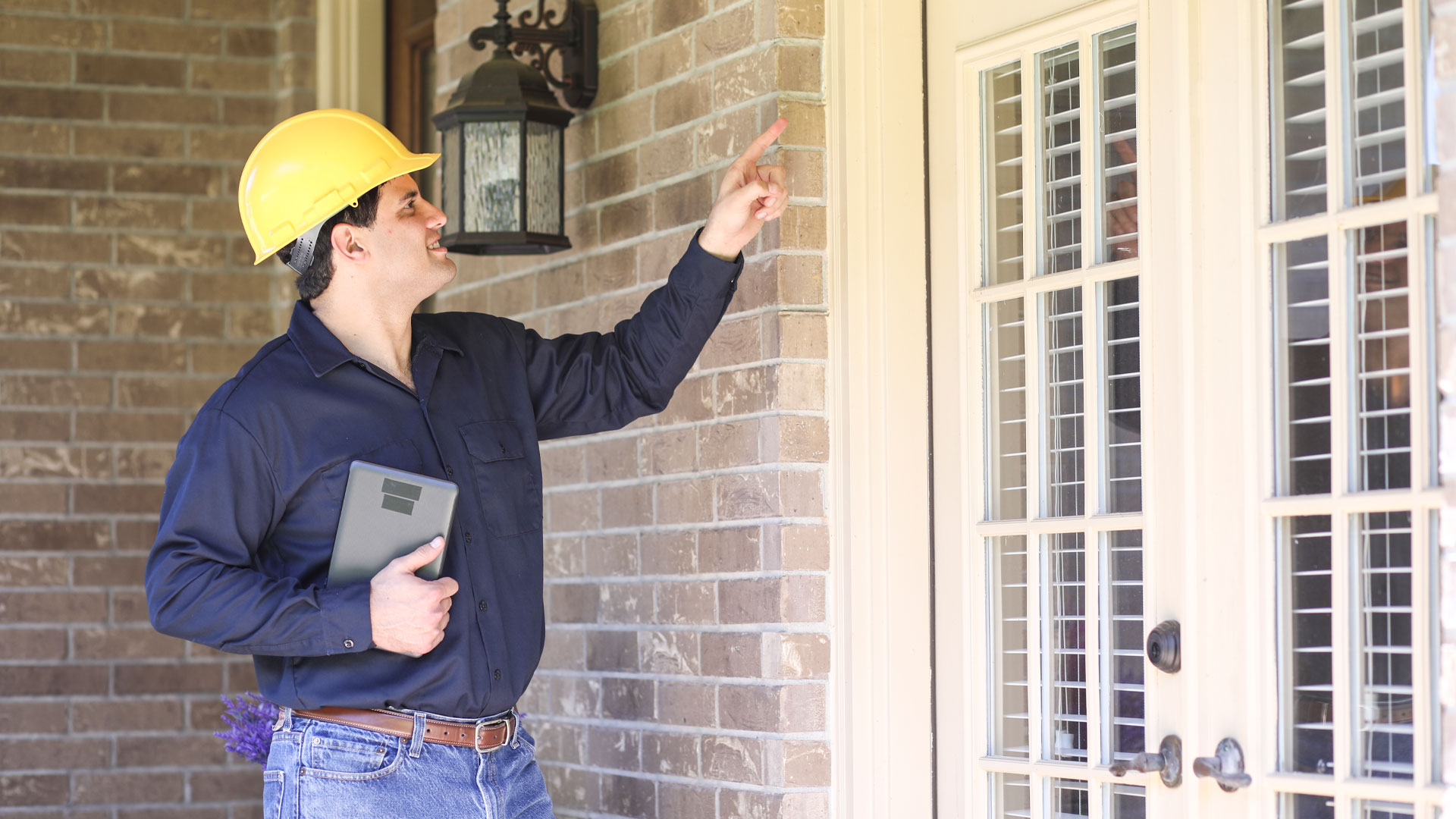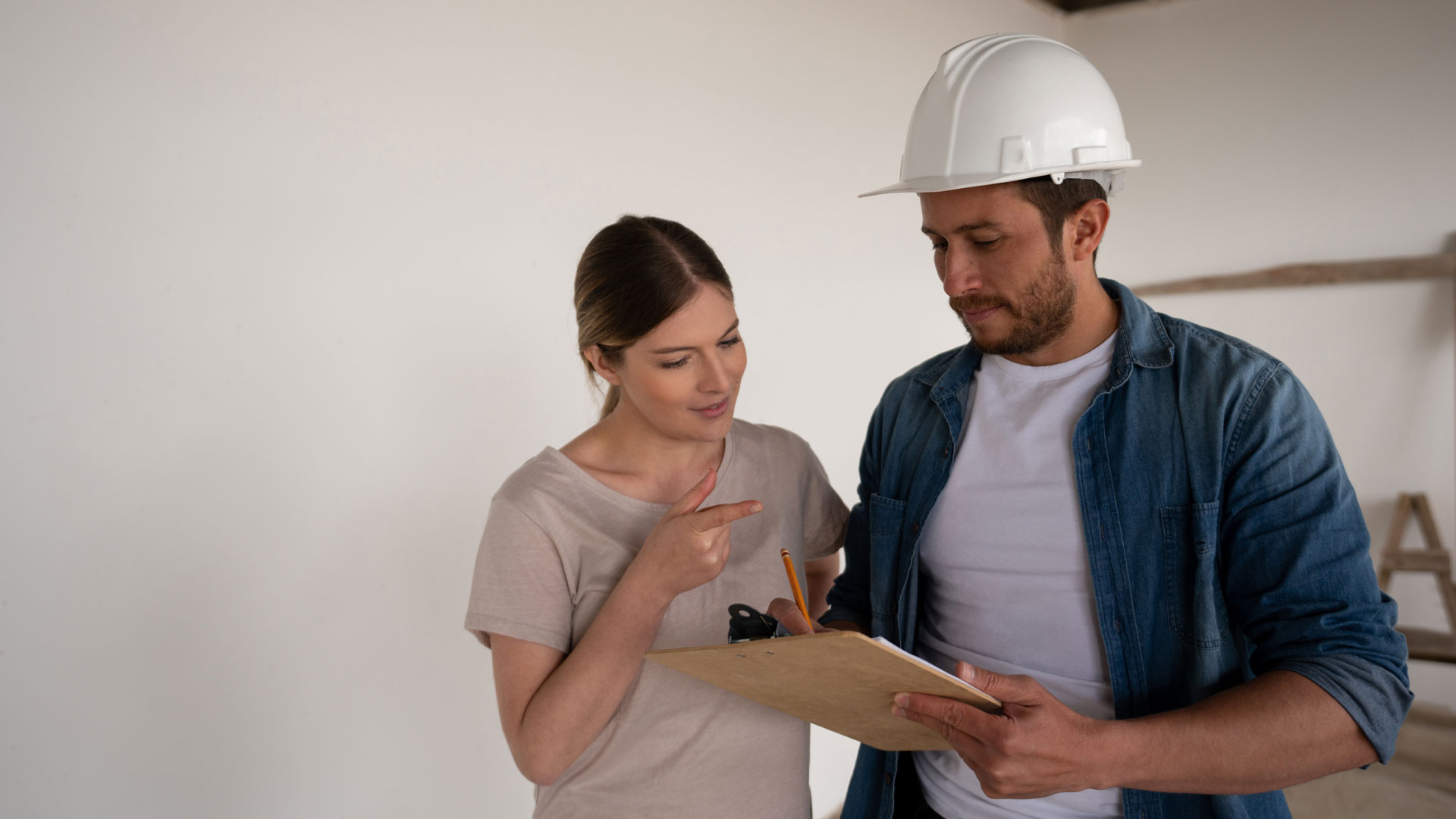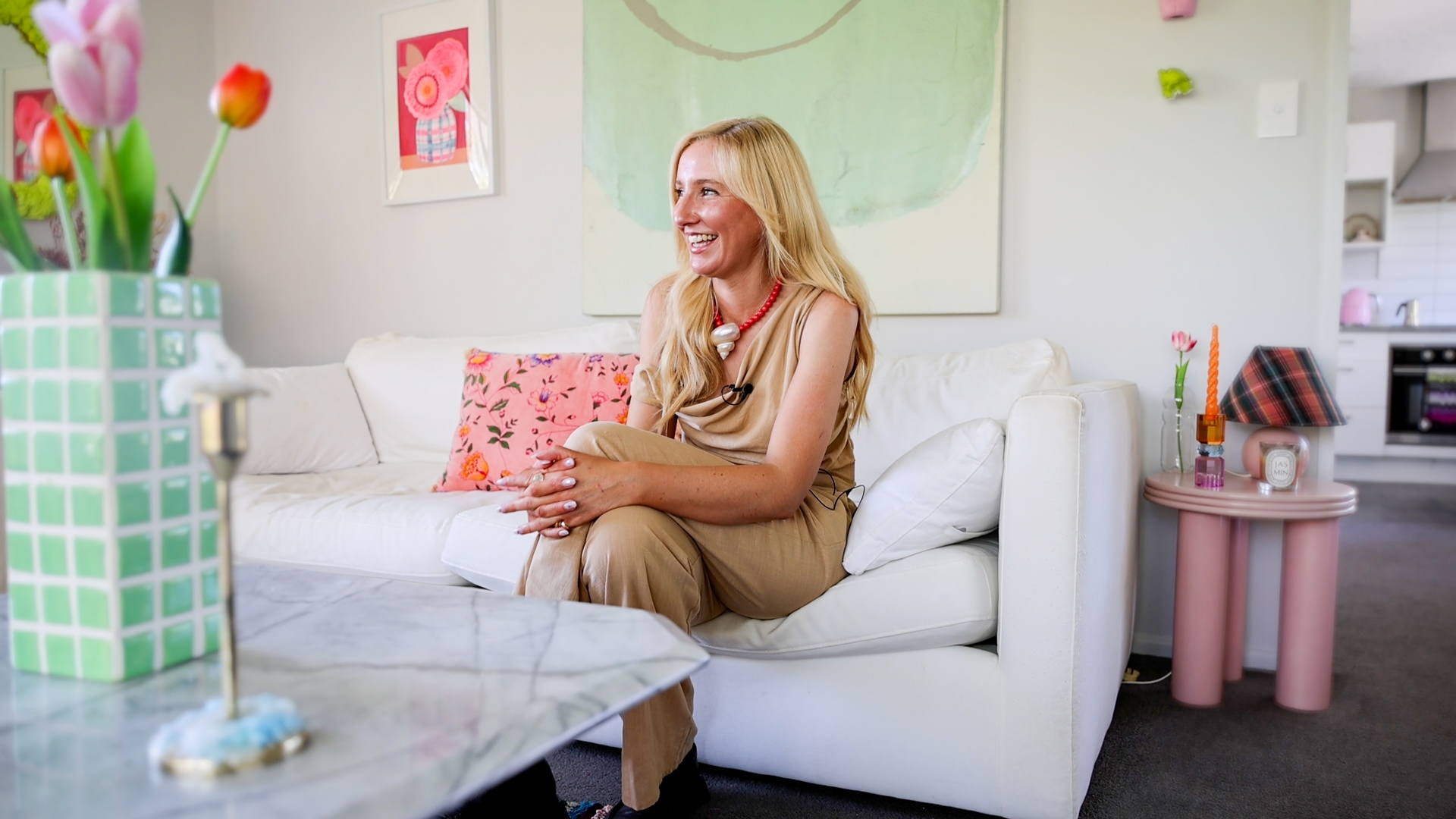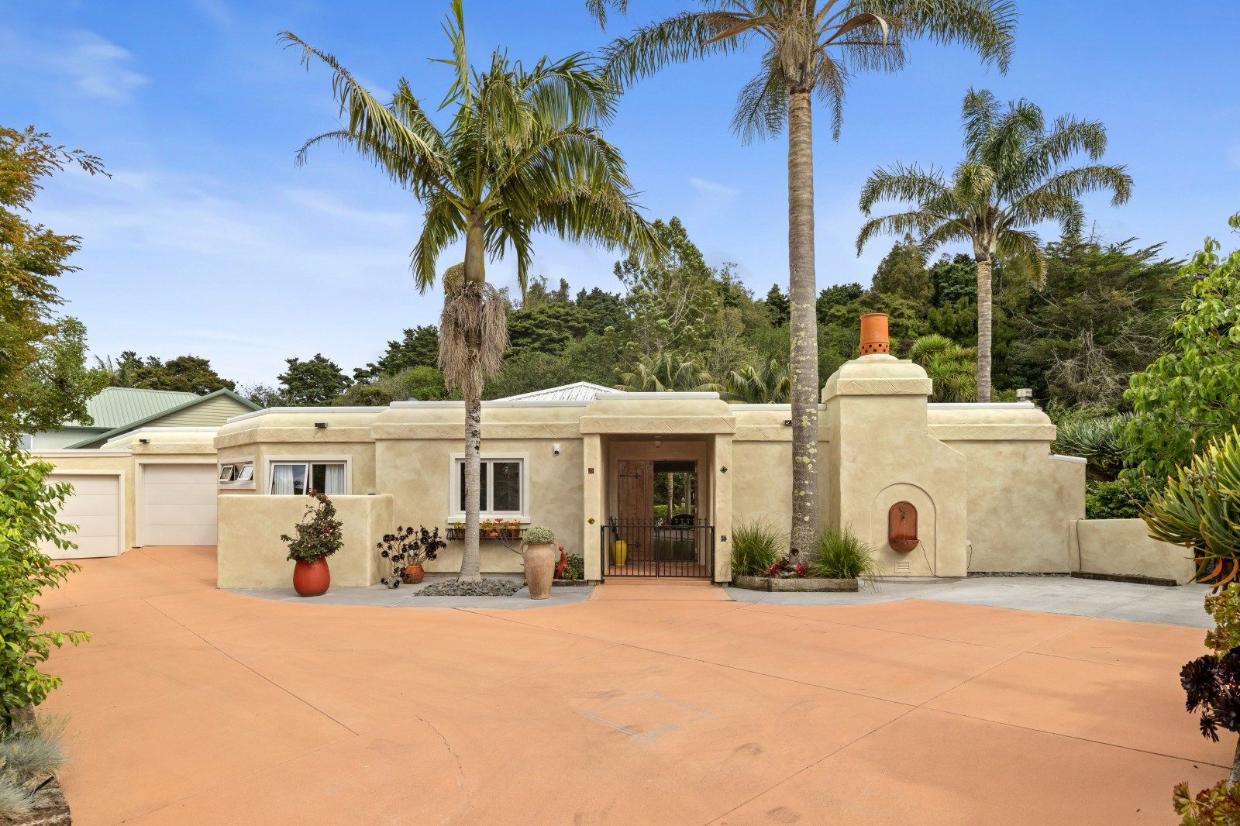Buying guide
An NZ homebuyer’s guide to builders’ reports
This isn’t an optional extra, it’s a must-do.
.png)
What you’ll learn:
What is a builder’s report?
It might seem like an extra expense, but a builder's report could save you thousands down the track.
Why do you need to get a builder’s report when buying a home?
What do builders look for when doing their reports?
Check to see if you can book a building inspection through our Trade Me Propety Listings.
When should I get a builder’s report?
Do I need to get a builder’s report if the buyer has one already?
Should I pull out if the builder’s report finds problems?
Looking to buy a home in NZ?
Check out the wide range of quality houses currently listed on Trade Me Property.
Search now Author
Discover More
Search
Other articles you might like









